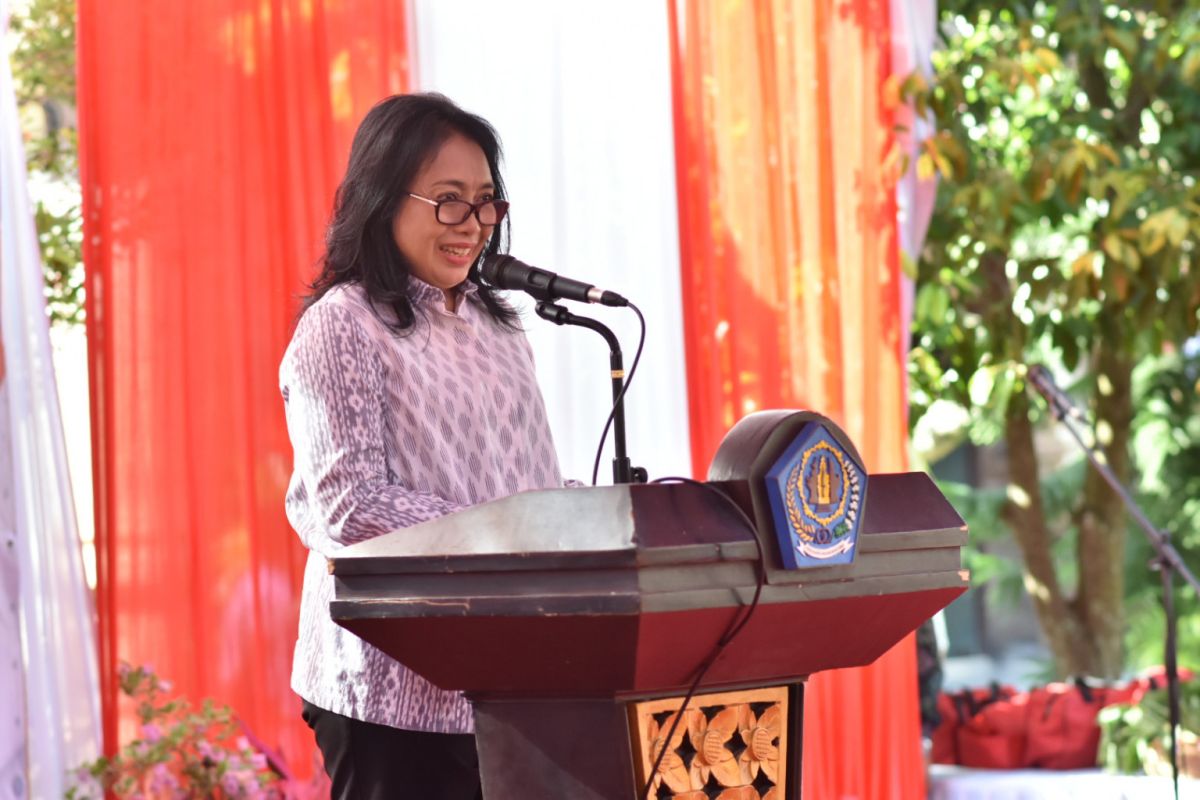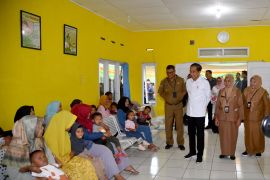"Stunting cases are closely related to gender issues, especially in relation with women and children in families," the minister noted in a statement received here on Monday.
The minister affirmed that for reducing the number of stunting cases, all related parties should provide women with proper access to various services, including information and education. By doing so, they can successfully and optimally go through the pregnancy and nursing phases, thereby enabling healthy growth of their children.
Women should also have full control over their lives and actively participate in the decision-making process, so that they can prepare for everything before entering into marriage, she emphasized.
The minister then called on development stakeholders from all levels to partner and synergize in the efforts to ensure sustainable and comprehensive strategies aimed at reducing the number of stunting cases in Indonesia.
"It is necessary for all of us to work hand in hand to tackle issues related to gender inequality as well as protection of women and children, as the settlement of such issues is of the essence in the efforts to handle stunting," she remarked.
Puspayoga then affirmed that Indonesia is still battling stunting that can pose threats to the country's resolve to produce high-quality and superior human resources.
In terms of stunting prevalence, Indonesia ranks fourth in the world and second in Southeast Asia for having the highest rate of stunting cases. Some 30 percent of the children under the age of five in Indonesia suffer from stunting.
According to the 2022 Indonesian Nutritional Status Survey (SSGI), Indonesia recorded 21.6 percent of stunting prevalence in children. Meanwhile, the World Health Organization (WHO) has set the maximum prevalence limit of 20 percent.
To accord with the limit set by WHO, the government is striving to reduce Indonesia's stunting prevalence to reach 14 percent, in line with the 2020-2024 National Mid-Term Development Plan (RPJMN).
Minister Puspayoga then invited stakeholders and communities to continue to intensify the Gemarikan Program that aims to prevent childhood stunting by popularizing fish consumption in the country.
The program constitutes one of the national programs expected to have concrete impacts in the nation's fight against stunting, which is a condition that can disrupt the efforts to develop the quality of human resources in Indonesia.
Related news: Women's leadership needed to address gender inequality: minister
Related news: PMT focuses on low-weight children, malnourished pregnant women
Translator: Anita P, Tegar Nurfitra
Editor: Rahmad Nasution
Copyright © ANTARA 2023












